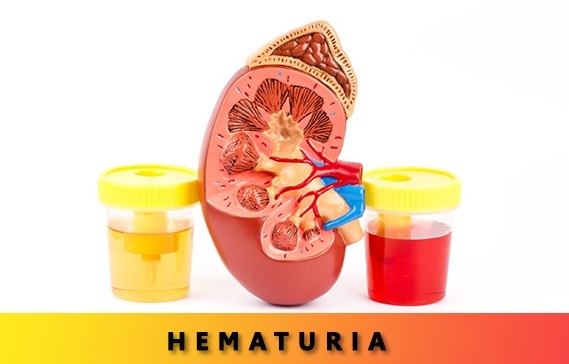 Some of us have had that amazing workout, where we’ve challenged ourselves by increasing the volume or intensity of our rides and come out victorious. Then, as the day passes and we use the restroom we realize that we have blood in our urine. Alarmed, we begin to assess ourselves for any signs or symptoms we may have missed leading up to this event. However, this pathology is common in endurance athletes and typically presents itself with no symptoms. Research has shown this usually happens when either the duration or intensity of a workout has increased significantly. In addition, in a sport such as cycling, cyclocross, or mountain biking the genitourinary area can be affected due to the constant pounding on our saddle during our rides.
Some of us have had that amazing workout, where we’ve challenged ourselves by increasing the volume or intensity of our rides and come out victorious. Then, as the day passes and we use the restroom we realize that we have blood in our urine. Alarmed, we begin to assess ourselves for any signs or symptoms we may have missed leading up to this event. However, this pathology is common in endurance athletes and typically presents itself with no symptoms. Research has shown this usually happens when either the duration or intensity of a workout has increased significantly. In addition, in a sport such as cycling, cyclocross, or mountain biking the genitourinary area can be affected due to the constant pounding on our saddle during our rides.
Causes of Sports Hemturia:
Besides having an intense workout this can also occur when the bladder has not been emptied prior to the workout. By exercising on a full bladder we can cause mild internal bruising that would lead to hematuria. Dehydration can also be a leading factor, which many of us may experience during the hotter months of the year if we don’t properly hydrate throughout our rides. Additionally, not riding off the saddle in warranted situations during mountain biking or refusing to wear padded shorts can cause trauma to the genitourinary area. Also, experiencing a hard crash, can make someone susceptible to direct trauma to the kidneys.
Signs & Symptoms:
Typically, this condition presents itself asymptomatically if there is no pre-existing condition of urinary track diseases. Blood is visible upon urination after a difficult workout. Signs and symptoms that warrant concern and immediate evaluation by a physician include blood clots, painful urination, and prolonged pain in the pelvic area. If any of these are experienced a urine specimen will be collected by the physician for further evaluation of creatine levels or presence of bacteria. In extreme cases a pelvic ultrasound may also be requested.
Typically, sports hematuria resolves within 72 hours and has no associated symptoms of pain. Should this condition occur, rest is paramount to allow swelling and bruising to resolve. If exercise continues during this period, more trauma can be caused. Ensure to drink plenty of fluids and avoid prolonged periods without voiding the bladder. If hematuria doesn’t resolve within 72 hours make sure to seek a physician and rule out a more serious condition.

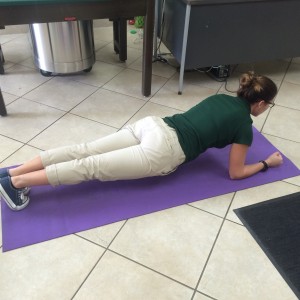


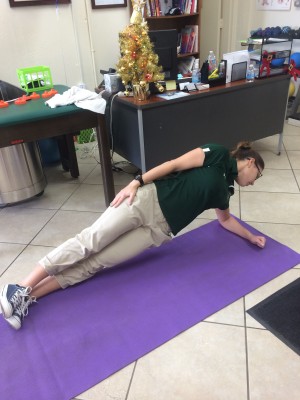
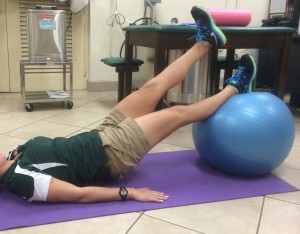
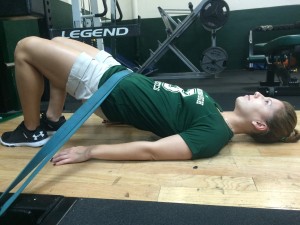
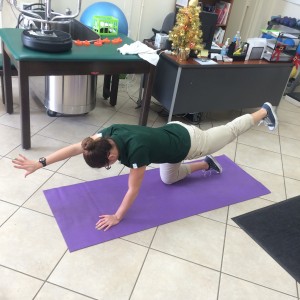



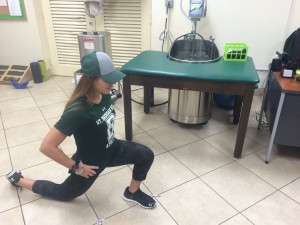
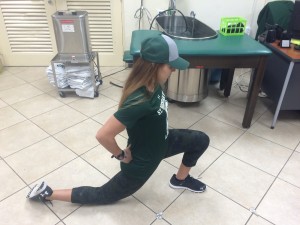
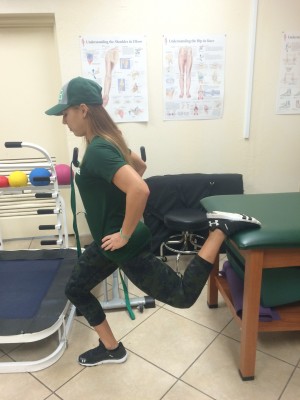
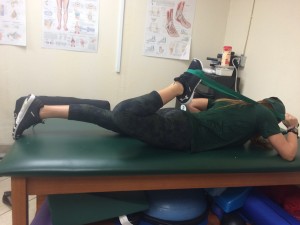
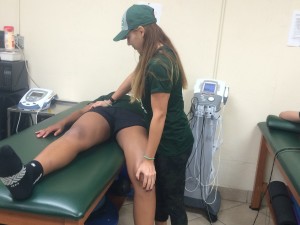
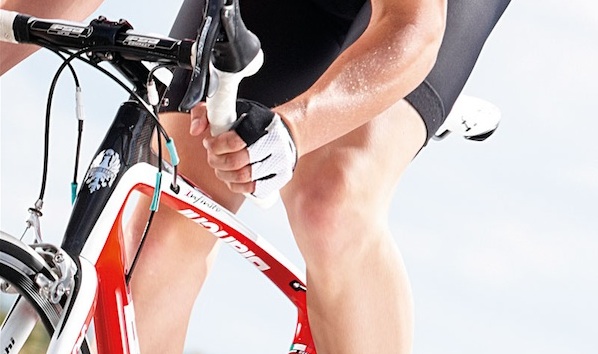 Anterior knee pain cycling is pain on the front part of the knee and can be caused by improper saddle height, fore aft saddle position, crank arm length, cleat positioning and gear selection. The ultimate reason you feel pain on the front part of the knee is due to injuries called Patellar Tendonitis or Patellofemoral Syndrome. We will help you solve the anterior knee pain cycling by discussing how to isolate each cause to find out what your individual problem really is and then we will tell you how fix it.
Anterior knee pain cycling is pain on the front part of the knee and can be caused by improper saddle height, fore aft saddle position, crank arm length, cleat positioning and gear selection. The ultimate reason you feel pain on the front part of the knee is due to injuries called Patellar Tendonitis or Patellofemoral Syndrome. We will help you solve the anterior knee pain cycling by discussing how to isolate each cause to find out what your individual problem really is and then we will tell you how fix it.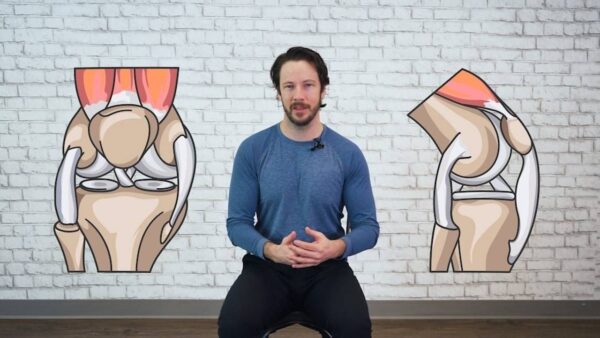
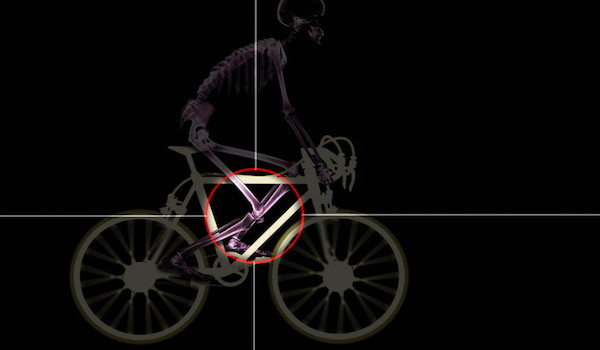 Medial knee pain cycling is pain on the inner side of the knee and can be caused by improper cleat position or individual anatomical problems such as different leg lengths or even poor technique.
Medial knee pain cycling is pain on the inner side of the knee and can be caused by improper cleat position or individual anatomical problems such as different leg lengths or even poor technique. Exercising while you’re pregnant is one of the best choices you can make for your health and your baby’s health. Women who exercise during their pregnancies produce healthier babies overall, and cycling during pregnancy has even been linked to increased intelligence and reasoning skills in children. It can reduce the side effects of pregnancy, and make you feel more physically comfortable, as well as more emotionally calm. It reduces the risk of various diseases for you, for the fetus, and for your child later in his or her life. It reduces the stress put on you and the baby, and does not seem to produce any negative effects as long as you limit the risk of falling. Many women who cycle choose to “play it safe” by not cycling during pregnancy, but there are countless cases that demonstrate how beneficial it really is in the long run.
Exercising while you’re pregnant is one of the best choices you can make for your health and your baby’s health. Women who exercise during their pregnancies produce healthier babies overall, and cycling during pregnancy has even been linked to increased intelligence and reasoning skills in children. It can reduce the side effects of pregnancy, and make you feel more physically comfortable, as well as more emotionally calm. It reduces the risk of various diseases for you, for the fetus, and for your child later in his or her life. It reduces the stress put on you and the baby, and does not seem to produce any negative effects as long as you limit the risk of falling. Many women who cycle choose to “play it safe” by not cycling during pregnancy, but there are countless cases that demonstrate how beneficial it really is in the long run.
 As people learn you are pregnant you will receive all kinds of advice, some good and lots bad. At the end of the day you have to do what is right for you, the golden rule: Listen To Your Body.
As people learn you are pregnant you will receive all kinds of advice, some good and lots bad. At the end of the day you have to do what is right for you, the golden rule: Listen To Your Body.
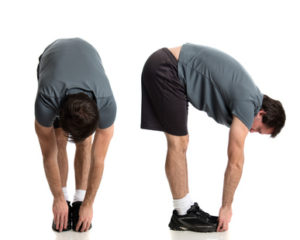
 Legs & Back
Legs & Back